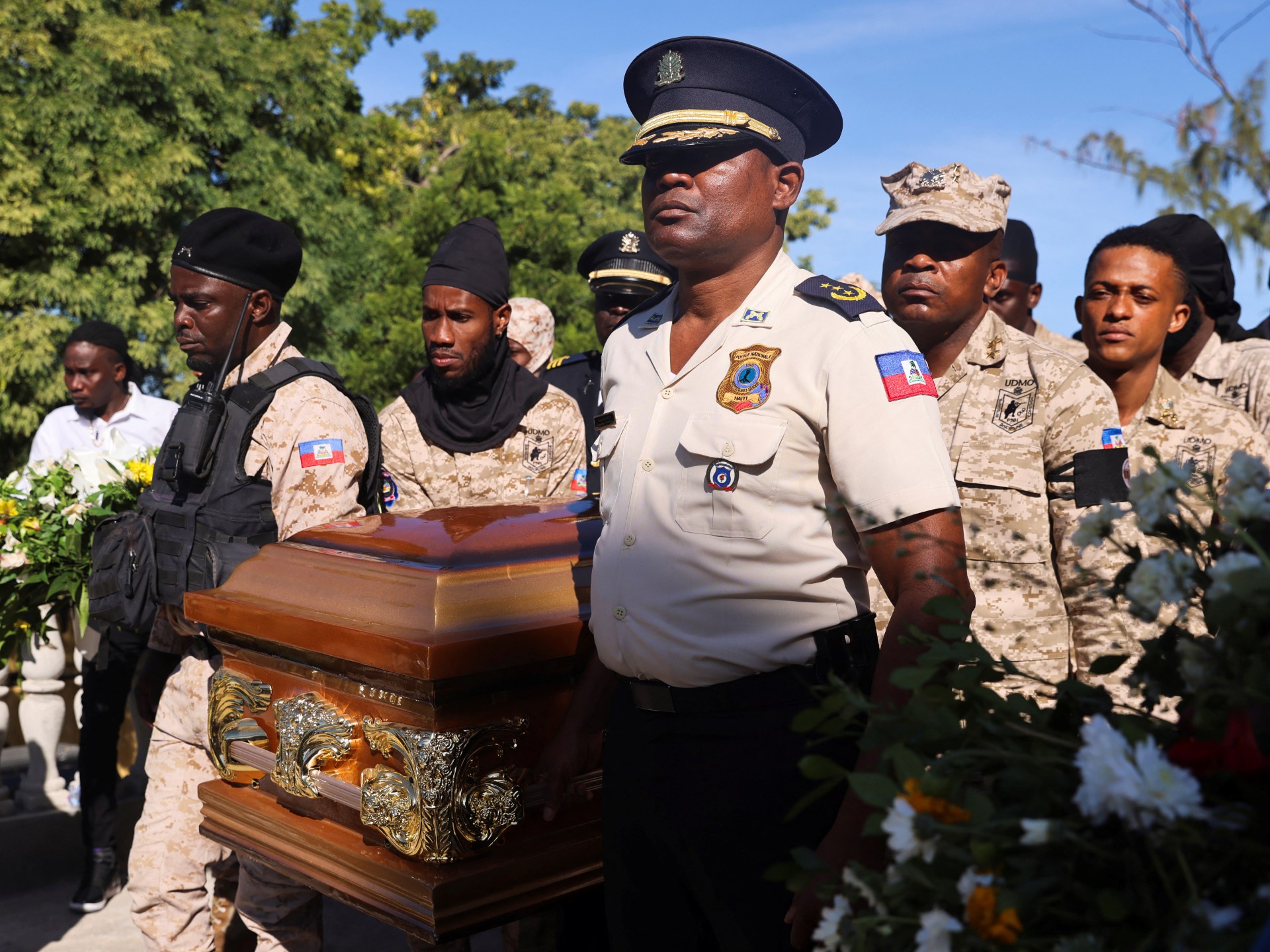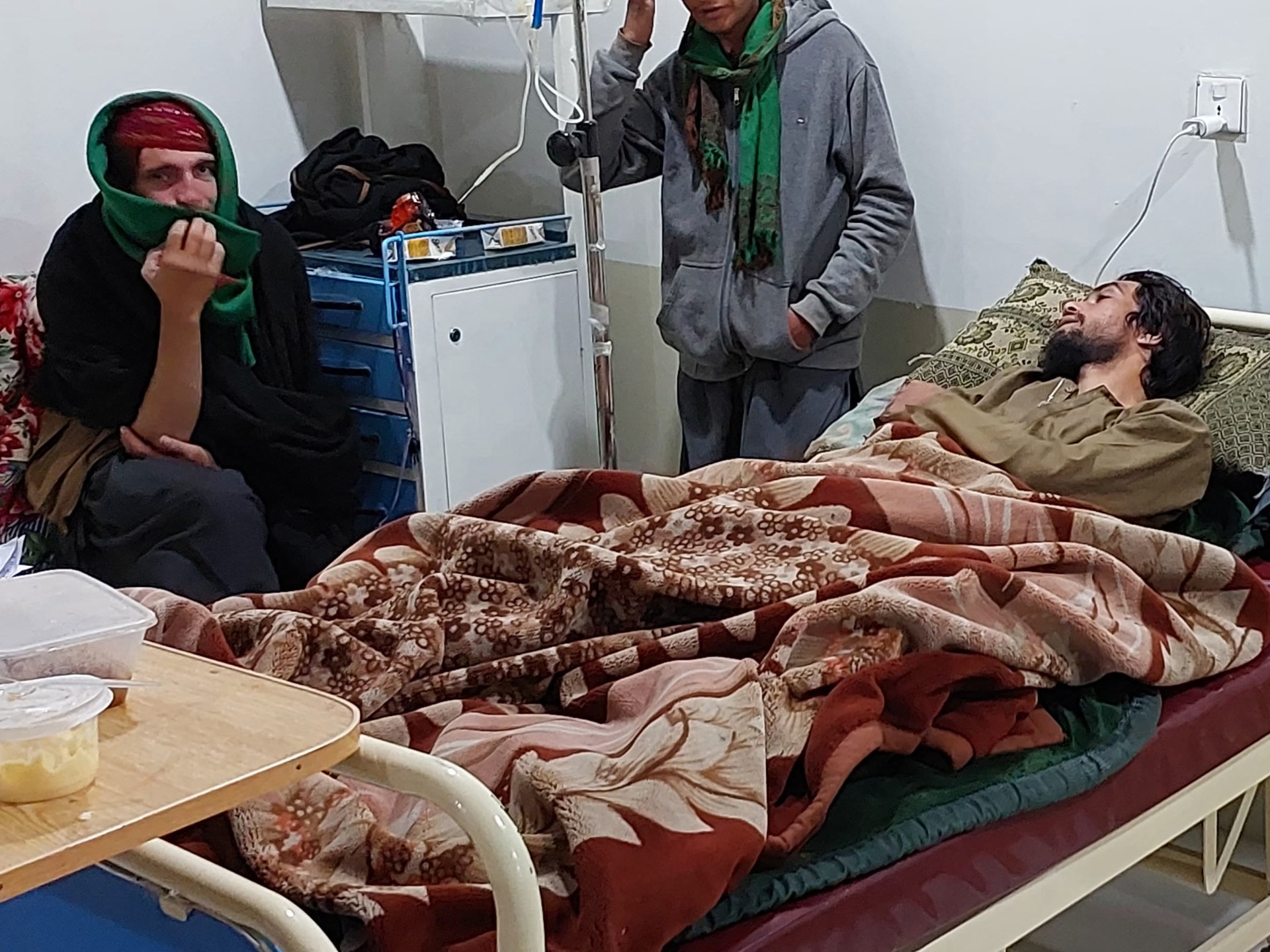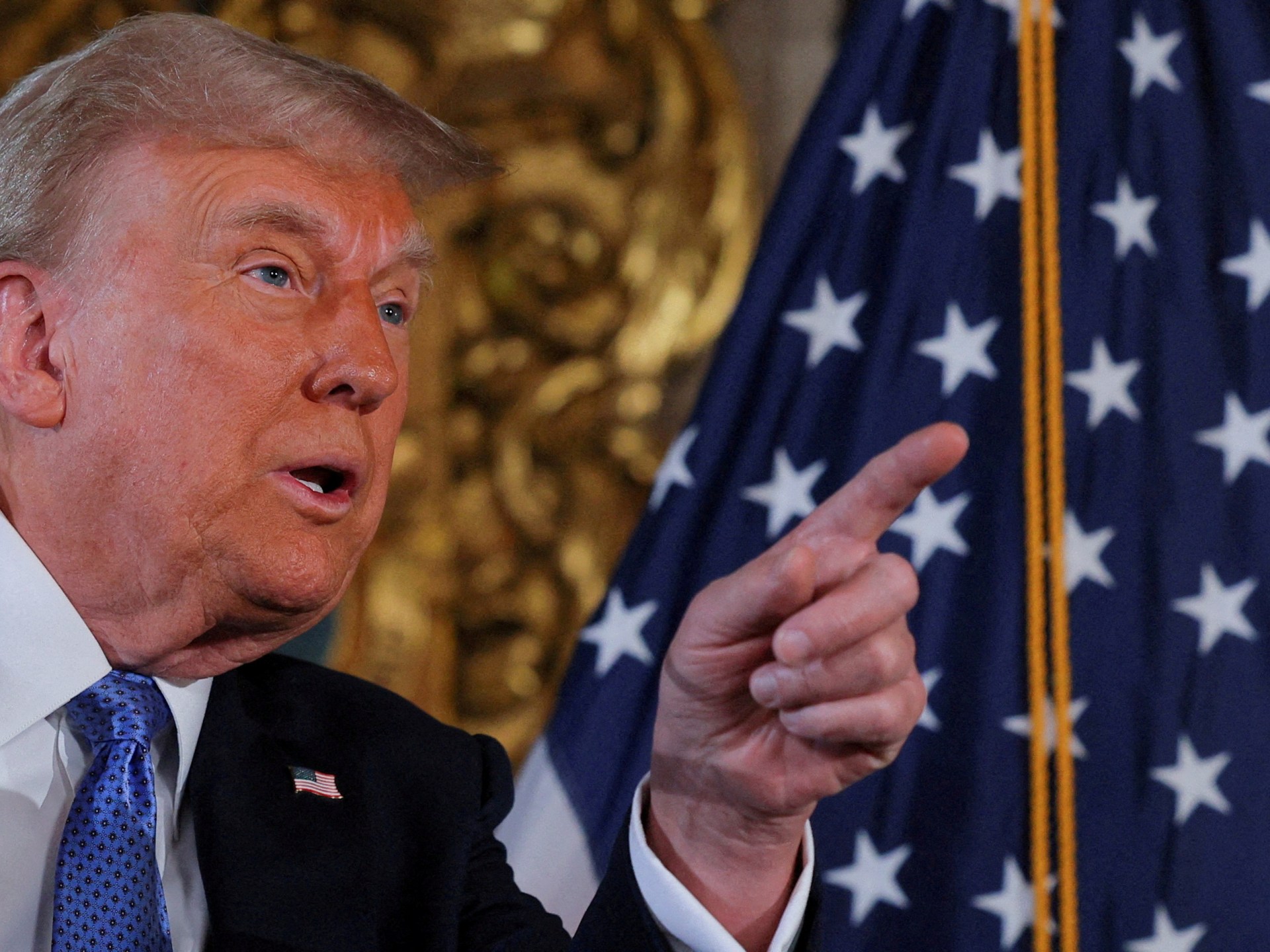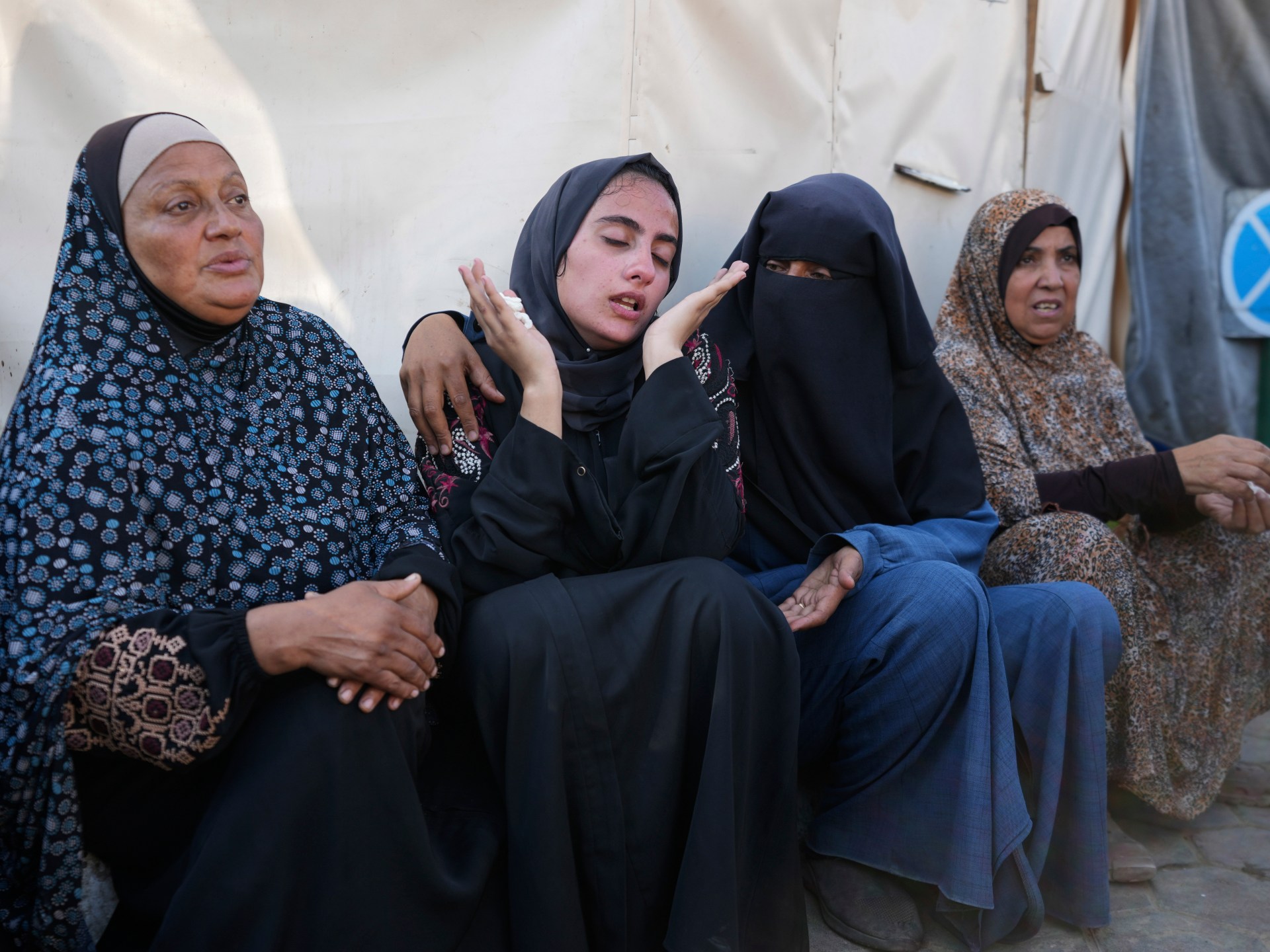

The United Nations has raised the death toll of a recent mass killing in Haiti, saying its investigation found that 207 people were killed by a gang, including dozens of older people and Vodou religious leaders.
In a report published on Monday, the UN office in Haiti detailed events that took place between December 6 and 11 in the Wharf Jeremie neighbourhood of Cite Soleil, a coastal slum in the capital, Port-au-Prince.
The gang took people from their homes and a place of worship, interrogated them and then “executed” them with bullets and machetes before burning their bodies and throwing them into the sea, the report found.
Earlier this month, human rights groups in Haiti had estimated that more than 100 people were killed in the event, but the new UN investigation concluded that a total of 134 men and 73 women were slaughtered.
“We cannot pretend that nothing happened,” said María Isabel Salvador, the UN secretary-general’s special representative in Haiti.
“I call on the Haitian justice system to thoroughly investigate these horrific crimes and arrest and punish the perpetrators, as well as those who support them,” she said in a statement.
Advertisement
The Haitian government acknowledged the killing of older people in a statement issued earlier this month, and promised to prosecute those responsible for this act of “unspeakable carnage”.
The UN Security Council issued a statement on Monday condemning the latest gang killings and expressing their “deep concern” over the crisis in Haiti, highlighting food insecurity and gang recruitment of children.
Insecurity and isolation
The insecurity has deteriorated so far in Haiti that the UN recently ordered some of its personnel to leave the country or relocate from the capital to safer areas.
The country is increasingly isolated after the Port-au-Prince international airport was closed due to commercial passenger planes being struck by gunfire.
The UN is in discussions over what steps to take in Haiti after an international security mission led by 400 Kenyan police has struggled to restore law and order.
One option being considered is a return to a full-scale peacekeeping operation, despite mixed results by previous deployments, including a “stabilisation” mission, MINUSTAH, which ran from 2004 until it departed in 2017.
‘King Micanor’
Human rights groups in Haiti said the Wharf Jeremie killings began after the son of Micanor Altes, a local gang leader, died from an illness.
Witnesses told the groups that Altes, alias “King Micanor”, accused people in the neighbourhood of causing his son’s illness by casting an evil spell on him.
In Monday’s report, the UN said that people were tracked down in their homes and in a place of worship by Altes’s gang, where they were first interrogated and then taken to a site where they would be killed.
Advertisement
The killings are the latest humanitarian tragedy in Haiti, where gang violence has intensified since the nation’s president, Jovenel Moise, was killed in a 2021 coup attempt.
The Caribbean nation is currently governed by a transitional council that includes representatives from the business community, civil society and political parties, but its government has no control over many areas of the capital city, and gangs are constantly fighting over ports, highways and neighbourhoods.
According to the UN, more than 5,358 people have been killed in Haiti’s gang wars this year and another 2,155 injured. More than 17,000 people have been killed or injured in gang-related violence in Haiti since the beginning of 2022.
Related News

US court denies TikTok’s plea to stop likely ban until Supreme Court review

Death toll from sectarian violence in northwest Pakistan rises to 130

Trump threatens tariffs if EU doesn’t buy more oil and gas from US


